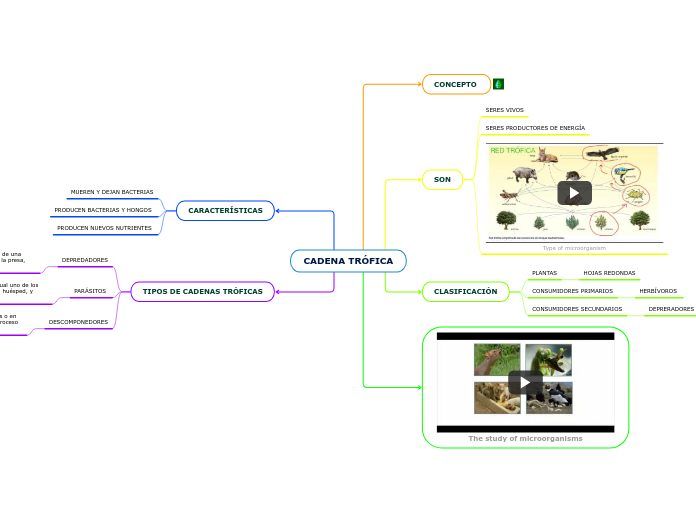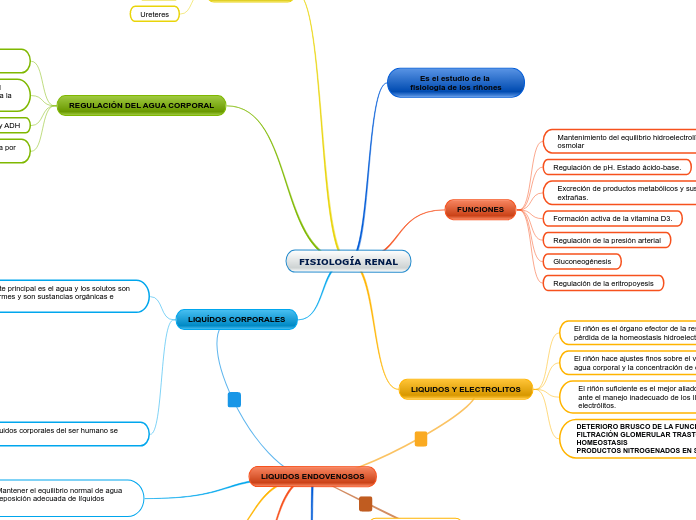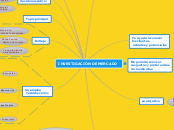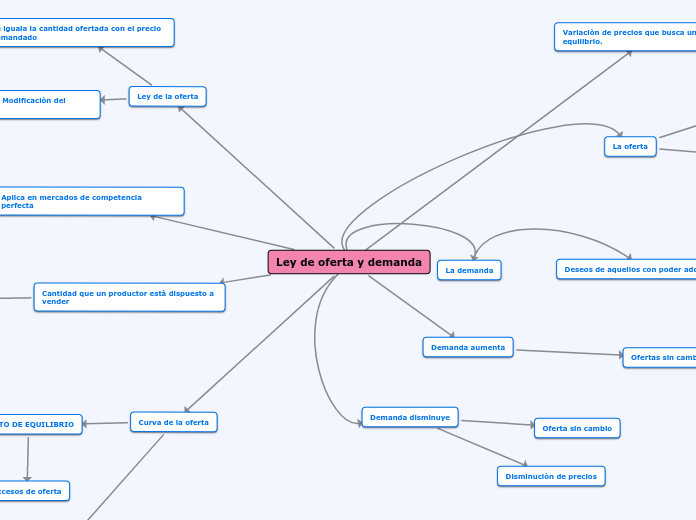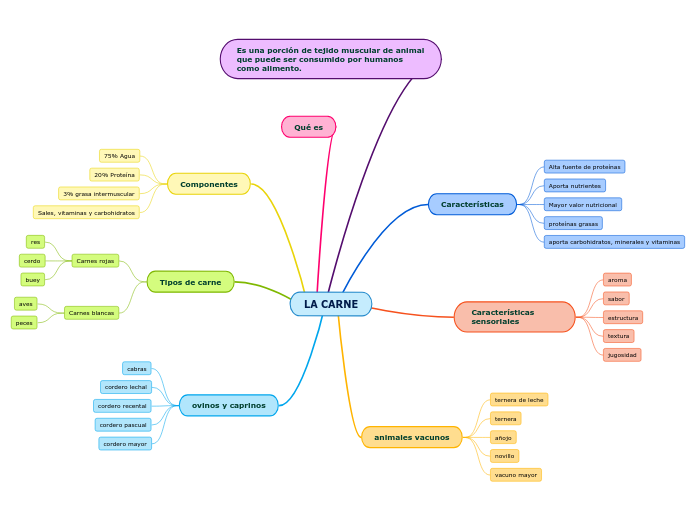CADENA TRÓFICA
A microorganism is an organism so small that people cannot see them with the naked eye.
Microorganisms can be harmful and useful organisms.
TIPOS DE CADENAS TRÓFICAS
Harmful microorganisms include fungi, bacteria, protozoa, etc.
They cause several diseases in human beings, animals, and plants, which can even lead to death.
The harmful microorganisms not only can damage the human body, but also the food we eat.
DESCOMPONEDORES
What diseases can they cause?
Son organismos que descomponen organismos muertos o en descomposición; llevan a cabo la descomposición, un proceso posible solo por ciertos reinos, como los hongos
PARÁSITOS
Give examples of how the spread of harmful organisms can be prevented.
Tipo de relación entre dos seres vivos, en la cual uno de los participantes, el parásito, depende del otro, el huésped, y obtiene algún beneficio.
DEPREDADORES
Give examples of how harmful organisms can spread.
Tipo de interacción biológica en la que el individuo de una especie animal, caza al individuo de otra especie, la presa, para subsistir.
CARACTERÍSTICAS
Research about the main characteristics of the microorganisms and give examples!
PRODUCEN NUEVOS NUTRIENTES
PRODUCEN BACTERIAS Y HONGOS
MUEREN Y DEJAN BACTERIAS
The study of microorganisms
CLASIFICACIÓN
Microorganisms help in the production of many food items, making medicines, keeping the environment clean, in manufacturing, and in research.
CONSUMIDORES SECUNDARIOS
Microorganisms have a role in waste disposal, agriculture, and nutrient recycling.
Give examples of these types.
DEPRERADORES
CONSUMIDORES PRIMARIOS
Give examples of bacteria used in the pharmaceutical industry.
HERBÍVOROS
PLANTAS
Give examples of Microorganisms in food production.
HOJAS REDONDAS
SON
There are five types of microorganisms. Out of these five, four can be free-living or parasitic.
There is one that can be only parasitic since it always reproduces inside other living things.
After enumerating them, click on the flags below to mark the ones which can be free-living and the ones that cannot.
can be free-living
only parasitic
Type of microorganism
SERES PRODUCTORES DE ENERGÍA
SERES VIVOS
CONCEPTO
Name the study of microorganisms.
